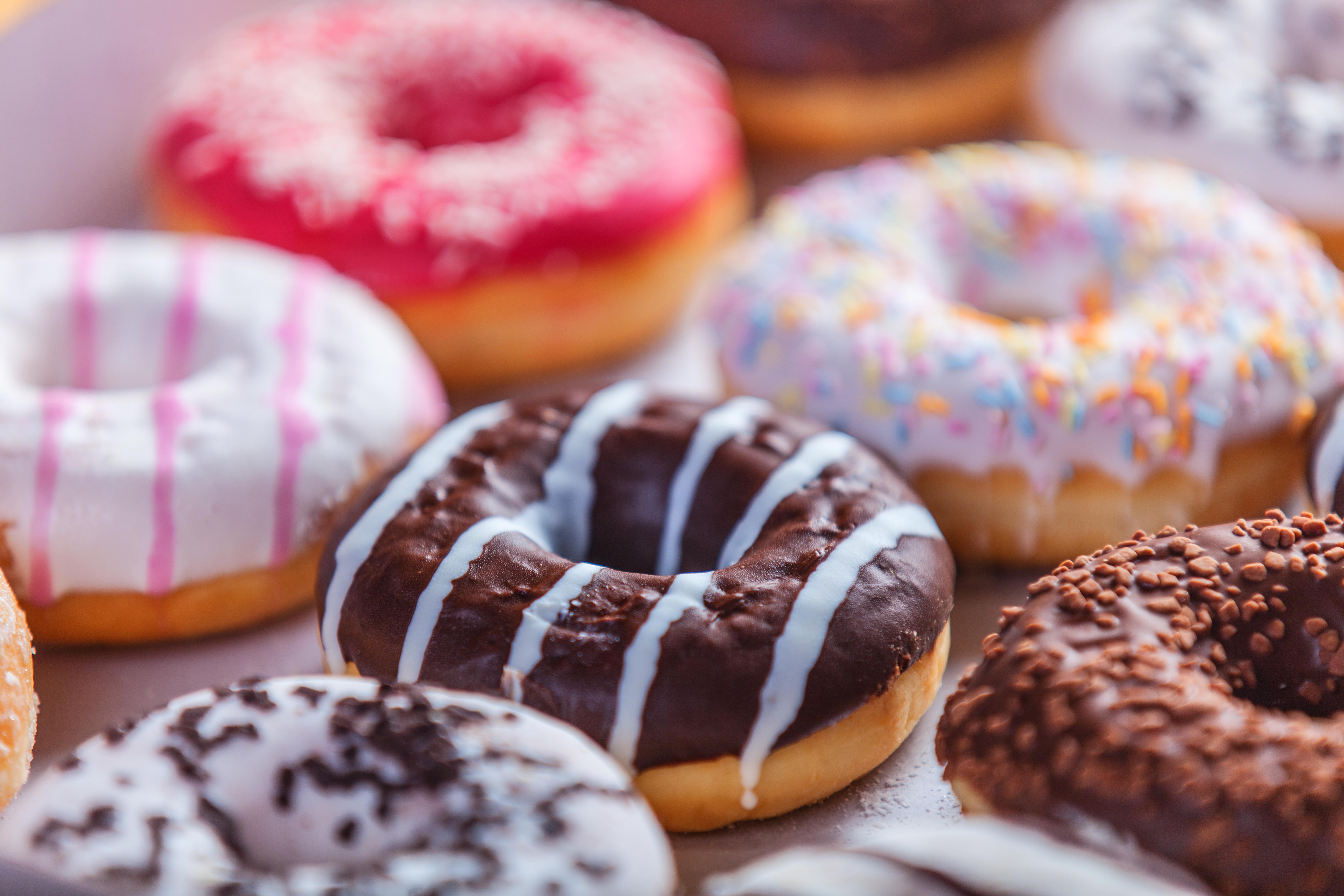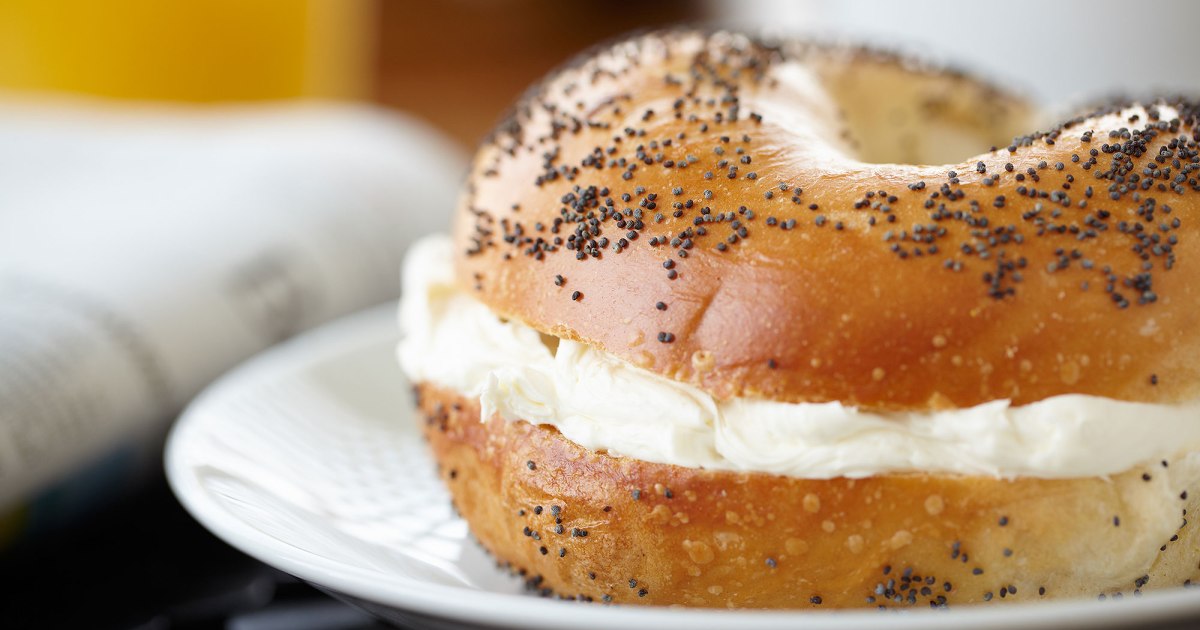Crazy Foods That Might Ruin Your Health
We’re all inclined to overindulge when it comes to food, eating things we know we shouldn’t. It’s fine as long as it’s in moderation. While you may think that the food you’re eating is healthy and wholesome, you could be surprised. As for the foods you know aren’t good for you, you may not realize just how bad they are for your health.
The concept of "cheat" food for athletes is a reward for going through a clean period. This is because they want to keep their body in good order. Food affects how the internal workings of your body work and are revealed in your extremities. Overindulgence constantly will affect the strength of your nails, your skin, the color of your eyes and of course your weight. If you indulge too often in the below foods, you not only risk gaining an immense amount of weight but your health is at risk as well.
Donuts

While it’s hard to resist donuts, there are various reasons that they wreak havoc on the body. For one, they are high in carbohydrates, fat, and calories. If the donuts aren’t fresh, preservatives have been added to allow them to sit on a shelf for longer periods of time. Donuts can also cause dental problems as you can get cavities from the sweet icings and glazes. Excessive consumption of donuts will make you gain weight and you become easily exhausted. Your lack of energy will prevent you from working out, therefore those calories will stay in the body and be stored as fat. Your mental health may also suffer as the chemicals in donuts can cause brain fog as well. Offering absolutely no nutrients, you’ll be full of empty calories. Long term issues with donut eating can include diabetes due to being overweight and in poor health. This condition can get much worse as diabetes can result in a whole host of complications from edema of the limbs to the onset of gangrene for from infection in the feet.
Bagels

Bagels and its normal counterparts, such as butter or cream cheese, can cause inflammation. Most bagels available have between 300 to 500 calories unless it is truly one-hundred percent whole grain. Bagels are full of refined carbohydrates which have been linked to Type II diabetes and cardiovascular disease, among other conditions. Bagels are also high on the glycemic index, as these spheres of delight increase a person's insulin levels as well as cause inflammation throughout the body. All of these factors can lead to acne, aging prematurely and weight gain. It is important to note also that one bagel contains up to three servings of carbohydrates.
